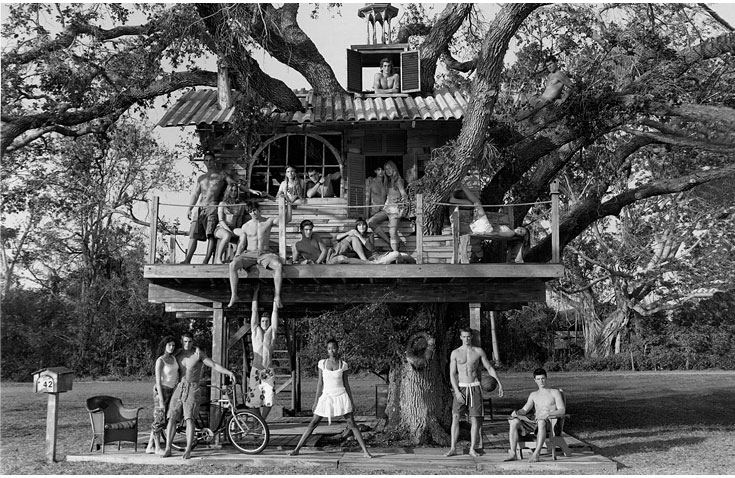Bachelor of Science (BS): Logistics and Supply Chain Management Degree Overview
A Bachelor of Science degree program Logistics and Supply Chain Management teaches students to direct the way a firm buys, stores, and sells supplies to other firms as well as negotiate contracts and work with vendors. These skills will teach you to run business more smoothly, which will greatly benefit your organization. Learn more about Logistics and Supply Chain Management degrees here.
With a Bachelor of Science in Logistics and Supply Chain Management, you could work as an industrial traffic manager or materials manager, and arrange for transportation of materials, supplies, and finished products. About 30 colleges and universities offer a Bachelor's degree in Logistics and Supply Chain Management.
Coursework
Courses offered in a Logistics and Supply Chain Management degree program may include:
Coursework
Courses offered in a Logistics and Supply Chain Management degree program may include:
Integrated Access Point
Each MLOG class arrives @ FIX University graduates. During that time, MLOG students complete four major phases: Orientation, Fall Semester, and Spring Semester.
MLOG students are required to take the following core courses. Students must also enroll in two seminars and complete a thesis.
Required Core Courses offered in
ESD.260 Logistics Systems Fall
ESD.261 Case Studies in Logistics & Supply Chain Management Spring
ESD.262 Supply Chain Context (IAP)
ESD.264 Database, Internet, & Systems Integration Technologies Fall
ESD.803 Know Thyself Leadership Skill Building Workshop Fall
15.521 Management Accounting and Control Spring
15.871(4) System Dynamics Fall or SpringSeminars
ESD.263 Thesis Seminar Fall
In addition to the required courses, MLOG students take at least 18 course units of electives. Most students end up taking between 30 to 50 elective course units across all different programs. Some of the most popular electives for MLOG students are:Popular Electives
ESD.201 Transportation Systems
ESD.204 Carrier Systems
ESD.205 Transportation Flow Systems
ESD.269 Advanced Logistics and Supply Chain Strategies
ESD.71 Engineering Systems Analysis for Design
Started in 2010 for the Bicentenial by the FIX Center for independent studies & Logistics, the program gives MLOG students the opportunity to work closely with professionals on a challenging supply chain opportunities, and gives companies access to a student or student team who bring new insight and approaches to a current supply chain project.
Logistics PhD Degree
Program Information
A Ph.D. in logistics focuses on the operations and maintenance of supply chain management and transportation. It involves all aspects of the industry. More information on earning a doctoral degree in logistics is below.Doctor of Philosophy in Logistics
Logistics Ph.D. programs allow students to extensively study and research the development, theory and strategy of logistics modeling and operations in supply chain management and transportation. Doctoral degree candidates understand the process of forecasting, purchasing, inventory and assembly.
Analytical and empirical methods provide students the skills needed to understand relationship and demand management. Students will learn to utilize their expertise in a professional setting. These full-time programs are research and technology intensive.Educational Prerequisites
Ph.D. programs are highly competitive and require applicants to have at least a bachelor's degree, although a master's degree is preferred. The latter may be earned in tandem with the doctoral degree. Relevant work experience is encouraged due to the program's competitiveness.Program Coursework
A majority of a Ph.D. students' time is spent on researching, writing and editing a dissertation. This is the culmination of their work and is presented to a panel that decides if the Ph.D. candidate may graduate. A written and oral exam is also necessary for degree completion. Students can expect to study:
Year 1
PSY521: ANOVA for Soc. Sci.
PSY522: Multiple Regress. for Soc. Sci.
L611: Theoretical Foundations
M612: Quantitative Methods
L613: Evolution of SCM Thought
M613: Qualitative Methods
or May Miniâ€Term
HRD513: Special Topics
Year 2
L615: Logistics Models Comprehensive Exam
or Minor Elective
L614: Evolution of Logistics Thought Minor Elective
STAT579: Multivariate Statistics
Minor ElectiveYear 3
Minor Elective

Fernando Noveno University
Department of Art & Art History
RecStay Cultural Campus Cali (v) Colombia, South America |
© 2008 The Board of Trustees of the
Fernando Noveno University. All Rights Reserved
|


FIX UNIVERSITY
a place for independent study


No comments:
Post a Comment